John Paul DeJoria: Separating the 1 Percent From the 99 Percent Is a ‘Bunch of Bullshit’
A new documentary called “Good Fortune” provides the once-homeless hair care billionaire’s primer on how the superrich can contribute to society and still be superrich.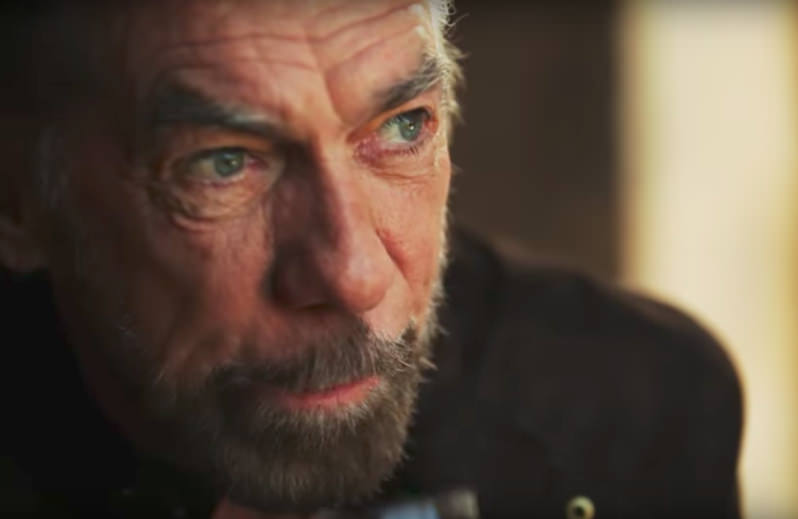 Billionaire John Paul DeJoria. (Screen shot via YouTube)
Billionaire John Paul DeJoria. (Screen shot via YouTube)
Billionaire John Paul DeJoria. (Screen shot via YouTube)
The most recent incarnation of the New Deal has been called “inclusion capitalism.” The idea is rooted in a 2002 article, “The Fortune at the Bottom of the Pyramid,” by Stuart L. Hart, Cornell professor emeritus of strategic management, and C.K. Prahalad, University of Michigan professor of business. In it, they argue that powerful corporations help themselves and society by promoting opportunity and commercial activity among the poor, turning them into consumers, entrepreneurs and innovators, which helps to bridge the ever-widening income gap.
Turning an idea into policy can take a lifetime, so some, like billionaire John Paul DeJoria, have taken matters into their own hands. Many know him from the 1980s as the bearded and ponytail-wearing co-founder of Paul Mitchell hair care products, but he is also the man behind Patron Tequila, which singlehandedly created the ultra-premium tequila market in the 1990s.
A new documentary, “Good Fortune,” looks at DeJoria’s version of inclusion capitalism, offering a primer on how the superrich can contribute and still be superrich. In the film, we see DeJoria saving the whales with the Sea Shepherd Conservation Society (for which he serves on the financial and management advisory board) and helping the homeless through generous donations and visits to Chrysalis, a nonprofit organization in downtown Los Angeles that provides job search and training resources.
DeJoria has no trouble relating to the struggle of those living in poverty. He grew up in Echo Park, a Los Angeles neighborhood where the sounds of gunshots and police helicopters were a nightly serenade. When I spoke with him recently, he attributed much of his success to his hardscrabble roots and his experience selling encyclopedias door to door and sometimes living out of his car with his young son.
Jordan Riefe: For a billionaire, you have a pretty unusual past. Not many would guess you used to sell encyclopedias door to door.
John Paul DeJoria: If they still had door-to-door sales, I would want every one of my children to do it for at least three months. Then I’d cut them off [from that activity]. It’s the best experience in the world. It teaches how to overcome rejection and work something out where you’re not rejected anymore. When I first started selling encyclopedias, I probably knocked on 100 doors before I even got in to one of them to make a presentation. Then it would take 10 presentations to make one sale. As you get better and better at what you do, maybe I knock on 20 doors to get through the door.
JR: What lessons did you learn that you still find valuable today?
JPD: It teaches you what to tell yourself when someone says, “No, you can’t do it,” “You don’t look good,” “You have no education,” “You don’t know anything.” If you’re prepared for rejection, when it comes, it’s not going to hurt you as much. The guys who make it are just as enthusiastic on door number 50 as they are at door 49. The average salesman lasted three days; I lasted 3½ years. Great training.
JR: And there must have been some hard lessons that come with being homeless, as you were for a time in the ’70s.
JPD: Most people, when they’re down and out, instead of saying, “Here’s where I’m at. What do I have to do next? Where am I going to eat?” — the majority think, “Oh my God, because of my childhood, because of this bad break,” every reason in the world why it’s somebody else’s fault, not theirs. And they dwell on that and then succumb to that. When I was down and out on two occasions, I didn’t think about how I got there. I didn’t think about “whose fault is it?” My immediate thought was, “I got to eat. Where am I going to make some money? Soda pop bottles.” In those days, grocery stores would pay you two cents for a small one, five cents for a big one. Sleep in the park. You think about what your next step is and start driving toward that.
JR: There’s talk of inclusion capitalism among progressives, encouraging various business sectors and individual companies to find a way to give back. But is that enough to overcome historically wide class divisions like those we’re experiencing?
JPD: The masses are made up by individuals. The individuals can start something up that manifests itself to something big. I think people like myself and others, what we’re doing, more people want to go to work for a company that is conscious about capitalism, and startup companies are that way. More and more companies are getting going that are trying to do something that makes the world a better place to live. I think it’s because the frequency of our planet is rising.
JR: Is what’s needed a value shift in the culture, or does it come from the top down?
JPD: As you know, with the president—no disrespect, he is our president—but I think Mr. Trump, it was in the news, gave away less than $10,000 total to any kind of philanthropy. When you give to people—success unshared is failure, and you feel better because you’re doing something nice for other people.
JR: You came up at a different time, albeit the recession-era ’70s, and have achieved the American dream. Do you think the American dream is still accessible to all?
JPD: I think what is going on right now makes it accessible to all. But the masses have got to understand the American dream still works. You mention the 1 percent and the 99 percent. I am the 99 percent. I am the 1 percent. I was homeless twice. It’s We the People. The more people who try to separate the 1 percent versus the 99 percent, no disrespect, I think it’s a bunch of bullshit.
JR: Some might argue that the 1 percent separates itself by arranging their lives so their only exposure to social hardship is through the media.
JPD: Let me explain something to you. I’m a member of something called the Living Pledge. There’s over 150 of us. Most of us are billionaires or are going to be billionaires one day. But we’ve all pledged to give 50 percent of what we make, either while we’re alive or after we die, to make the planet or the people better off. Some of the biggest names, Bill Gates, Warren Buffet, are doing it already. So it’s We the People. We’re seeing more and more how the American dream came true. That’s why I don’t want to separate them. Everyone wants the American dream. It’s happening more and more. There’s more millionaires, more billionaires, than ever before, even per capita, and the majority are giving back. Yes, we are living in a country where, in the future, more and more people will be able to participate.
JR: But is it enough to sustain a society burdened by the growing wage gap?
JPD: There’s more people out there like me. The American dream is alive for everybody.
Your support matters…Independent journalism is under threat and overshadowed by heavily funded mainstream media.
You can help level the playing field. Become a member.
Your tax-deductible contribution keeps us digging beneath the headlines to give you thought-provoking, investigative reporting and analysis that unearths what's really happening- without compromise.
Give today to support our courageous, independent journalists.

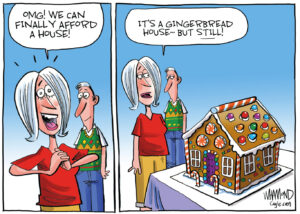
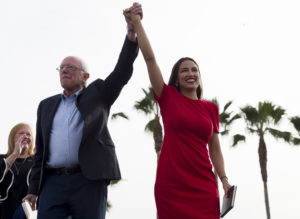
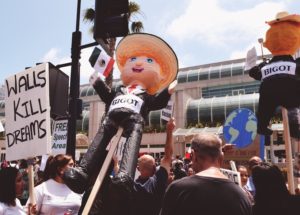
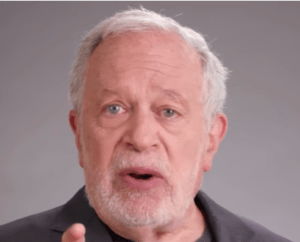
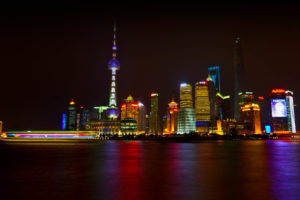
You need to be a supporter to comment.
There are currently no responses to this article.
Be the first to respond.